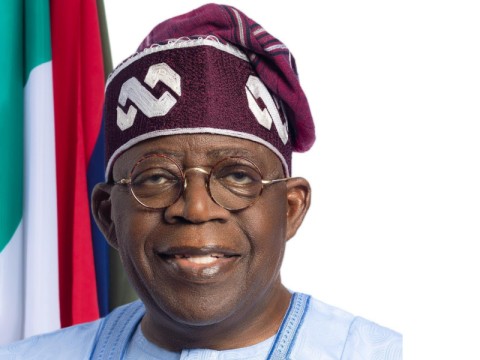ABUJA, Nigeria—Nigeria on Wednesday cut its forecast for oil prices and the value of its currency this year, an acknowledgment of the pain tumbling energy costs are inflicting on Africa’s top crude producer.
The senate voted to cut its benchmark expectation for oil prices this year to $52 a barrel, from $65 in December. Senators also pegged the average value of the local currency, the naira, this year at 190 to the U.S. dollar, well below the previous target of 165 to the greenback.
Brent crude traded at about $59 a barrel on Wednesday and one dollar was worth about 200 naira.
The currency has plunged to record lows this year as oil prices have lingered at about half their value just six months ago. Nigeria, Africa’s biggest economy, draws about 70% of government revenue and most of its foreign exchange earnings from its oil output.
The plummeting value of those exports calls for belt tightening measures, Nigeria’s Deputy Senate President Ike Ekweremadu said Wednesday as he urged officials to find new ways to cope with the slide in revenue.
Wednesday’s adjustment marked the fourth time in just a few months that the benchmark prices built into the benchmark budget have been adjusted downward from an initial estimate of $77 a barrel.
Still, Finance Ministry spokesman Paul Nwabuikwu said the government would make ends meet. Measures have been put in place to curb “unnecessary spending like oversea trips by some government officials,” he said. Finance Minister Ngozi Okonjo Iweala has also proposed a “champagne tax” on that popular bubbly and other luxury goods.
“We are optimistic that our capital expenditure…will not suffer much even though we have to adjust to the new economic realities in view of the sliding oil price,” Mr. Nwabuikwu said.
Nigeria is caught up in a costly military campaign against the Boko Haram militants that have overrun much of the country’s poor and isolated northeast.
Earlier this month the government postponed national elections planned for Feb. 14 until March 28, a six-week window they said was necessary to defeat the insurgency so that citizens there can vote.
Source: The Wall Street Journal












